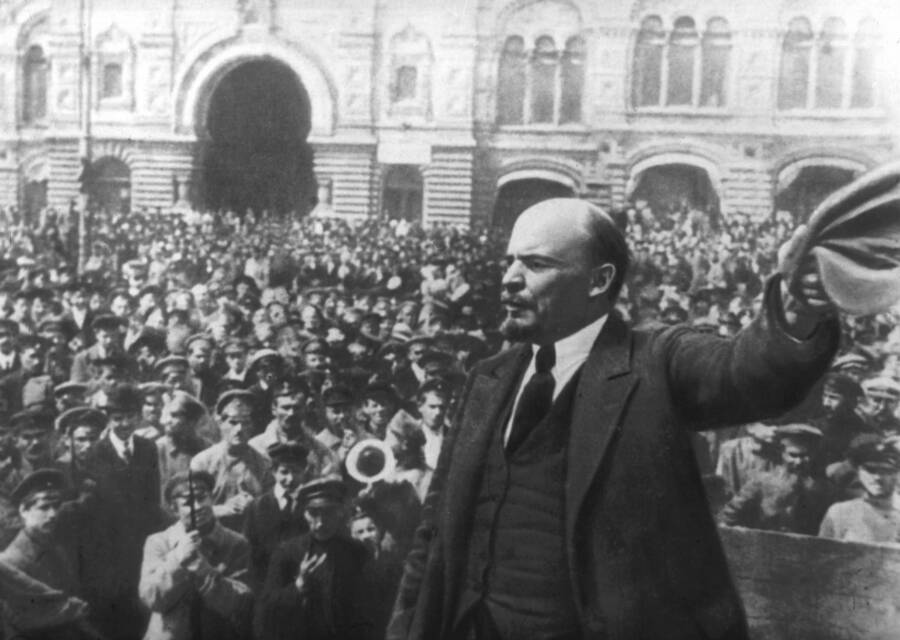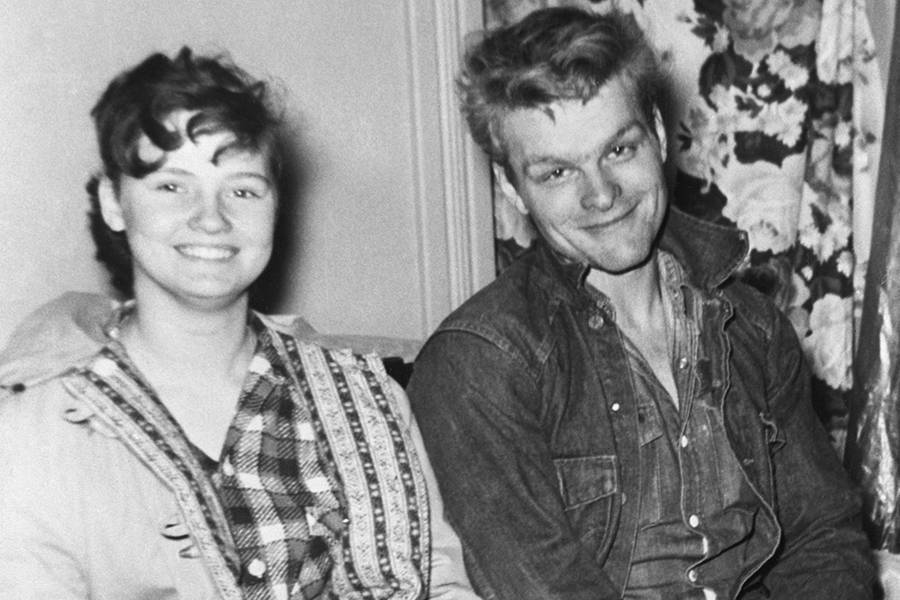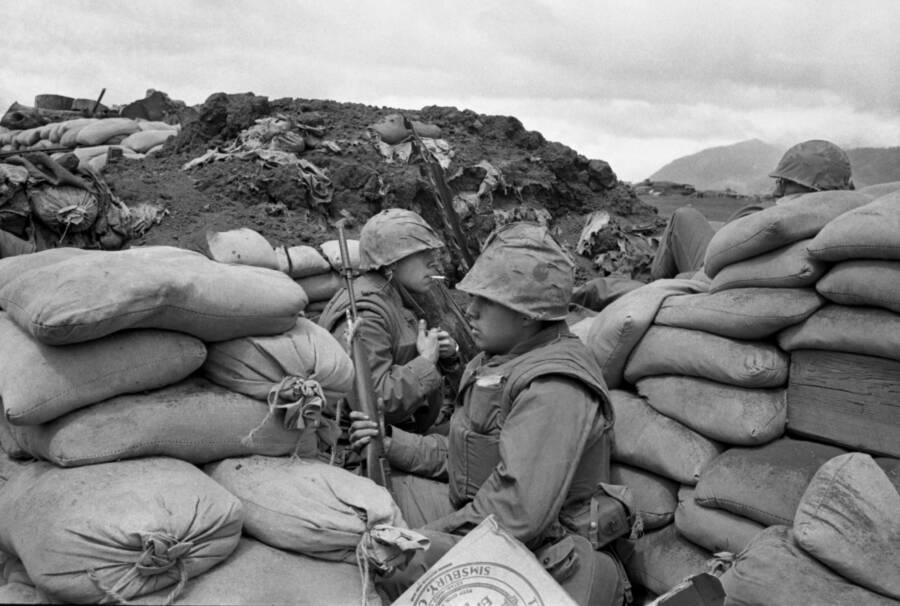What happened on this day in history: Vladimir Lenin dies in 1924, the siege of Khe Sanh begins in 1968, and more from today in history.
1793: Louis XVI Is Executed
Louis XVI is executed by guillotine in Paris at the age of 38. The French king had been found guilty of high treason by the National Convention during the French Revolution and sentenced to death.

Wikimedia CommonsMarie Antoinette was beheaded in 1792, nine months after her husband.
His wife, Marie Antoinette, was also found guilty of high treason and beheaded that October.
1924: Vladimir Lenin Dies

Universal History Archive/Getty ImagesVladimir Lenin in Moscow’s Red Square in 1919.
Vladimir Lenin dies following a series of strokes in Gorki near Moscow in the Soviet Union. A Russian revolutionary, Lenin was instrumental in founding the Bolshevik Party, leading the Russian Revolution, and establishing the U.S.S.R. After his death, Joseph Stalin seized power and ruled for 30 years.
1958: Charles Starkweather Murders His Girlfriend’s Family

Bettmann/Getty ImagesCaril Ann Fugate and Charles Starkweather before they went on their infamous killing spree.
Charles Starkweather murders Velda, Marion, and two-year-old Betty Jean Bartlett, the family of his teenage girlfriend, Caril Ann Fugate. A spree killer, Starkweather went on to kill a total of 11 people, often with Fugate at his side, though she later claimed he had taken her hostage. Starkweather was ultimately executed for his crimes while Fugate was found guilty of being his accomplice and served 17 and a half years in prison.
1959: Actor Carl Switzer Is Fatally Shot
Actor Carl Switzer, best known for playing “Alfalfa” in Our Gang, is shot to death over a dispute about a dog in Mission Hills, California.
1968: The Battle Of Khe Sanh Begins

Bettmann Archive/Getty ImagesU.S. Marines at Khe Sanh during the siege.
The Battle of Khe Sanh begins, marking the outset of one of the major clashes of the Vietnam War. Then, the People’s Army of North Vietnam (PAVN) troops started a bombardment of the U.S. Marine garrison at Khe Sanh. The siege of Khe Sanh lasted 77 days and may have been a deliberate distraction before the Tet Offensive.
1976: First Commercial Concorde Flight Takes Off
The first commercial Concorde flight takes off from Heathrow Airport in London. After 12 years of joint research from both British and French engineers, the sound barrier-breaking plane was ready for commercial use. The Concorde planes flew 1,350 miles an hour while cruising, cutting typical travel time in half.
The plane did not come without its problems. Many people frequently complained about the noise pollution caused by the plane’s sonic booms and loud engines. Tragically, a crash involving a Concorde plane occurred in 2000, leading to the deaths of all 109 people on board. The Concorde would only operate for another three years until it retired from commercial use.



